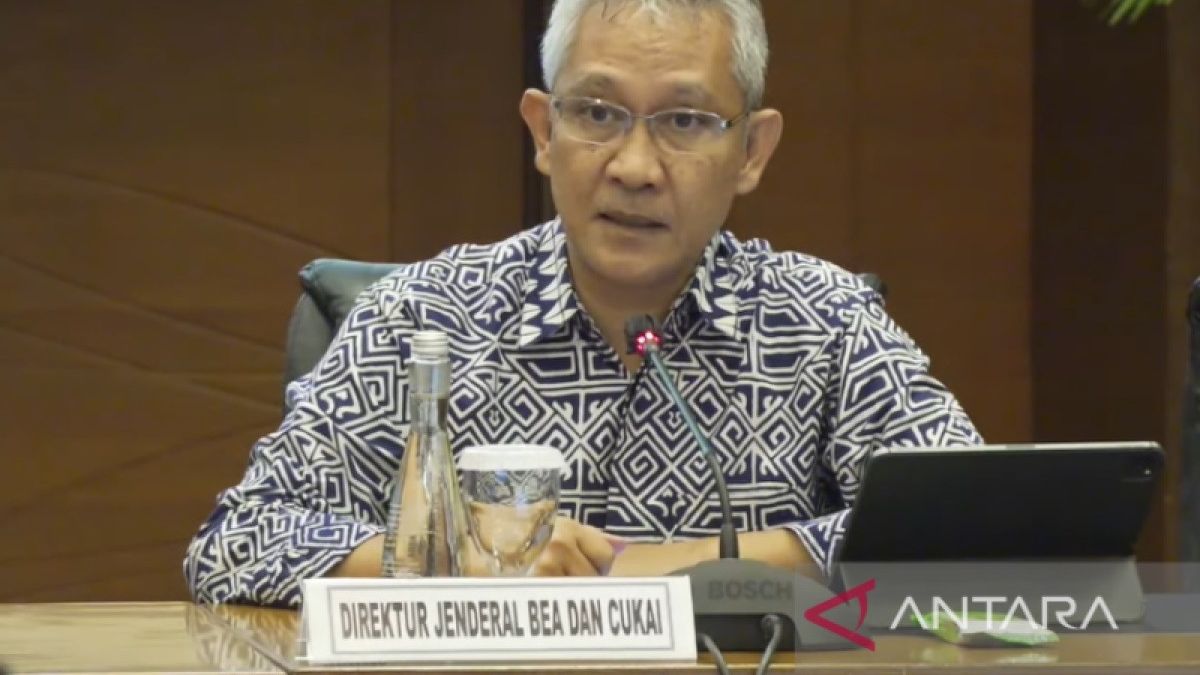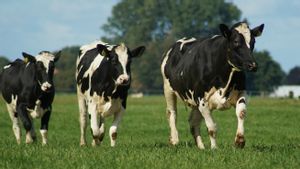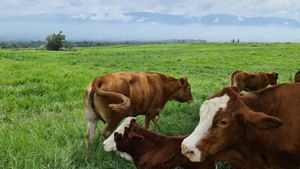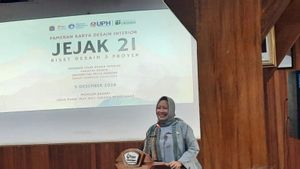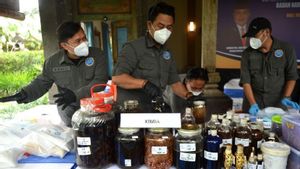JAKARTA - Director General of Customs and Excise at the Ministry of Finance (Kemenkeu) Askolani opened his voice regarding the exemption from the import duty of cow's milk into the country from a number of countries such as Australia and New Zealand.
Askolani explained the policy of removing import duties due to the impact of trade agreements between Australia and New Zealand. with Indonesia.
As is known, Indonesia and ASEAN countries have agreed to sign the ASEAN-Australia-New Zealand Free Trade Area (AANZFTA).
Therefore, Askolani confirmed the release of free trading facilities between certain countries that had agreed to the agreement.
"It's related to the FTA (Free Trade Agreement) agreement, yes, between usually with ASEAN, with Australia, with New Zealand, so that's what we do too," said Askolani at the head office of the Directorate General of Customs and Excise, Thursday, November 14.
However, Askolani conveyed that regarding the provisions of the 0 percent import duty for milk, it was necessary to review this, it was necessary to coordinate with the Directorate General of Taxes at the Ministry of Finance.
"Later, friends from taxes," he said.
Previously, the Minister of Cooperatives (MenKop) Budi Arie Setiadi revealed the cause of the drop in domestic milk prices. In a press conference at his office, Budi called New Zealand and Australia as milk exporting countries using the Free Trade Agreement (FTA) with Indonesia, which abolished import duties on dairy products, making their product prices 5 percent lower than other global milk exporters.
"Their closeness to Indonesia also makes their milk prices very competitive," Budi said at a press conference at the Kemenkop Building, Monday, November 11.
Based on data from the Indonesian government, Indonesia's largest milk imports are currently held by New Zealand with milk production of 21.3 million tons.
Budi continued, this condition was exacerbated by the Dairy Processing Industry (IPS) which imported skim milk or powder milk, instead of importing fresh milk which caused Indonesian dairy farmers to suffer losses.
Budi said, due to the increase in dairy products from New Zealand and Australia, Indonesia's fresh milk price fell to IDR 7,000 per liter from the economic price of IDR 9,000 per liter.
"In fact, in terms of quality, skim milk is far below fresh milk because it has gone through various kinds of heating processes," said Budi.
Furthermore, Budi also revealed that milk production in the country is still limited so that import activities still need to be carried out.
SEE ALSO:
Based on data, Budi said the national cow's milk production was only 837,223 tons or only reached 20 percent while 80 percent of the national milk demand was met through imports.
"National milk consumption in 2022 and 2023 is 4.4 million tons and 4.6 million tons," added Budi.
To reduce dependence on imports, he said strategic steps were needed to increase domestic livestock productivity, both in terms of quality and quantity of milk products.
"Kemenkop will coordinate with dairy and IPS cooperatives to ensure the absorption of products," said Budi.
The English, Chinese, Japanese, Arabic, and French versions are automatically generated by the AI. So there may still be inaccuracies in translating, please always see Indonesian as our main language. (system supported by DigitalSiber.id)
